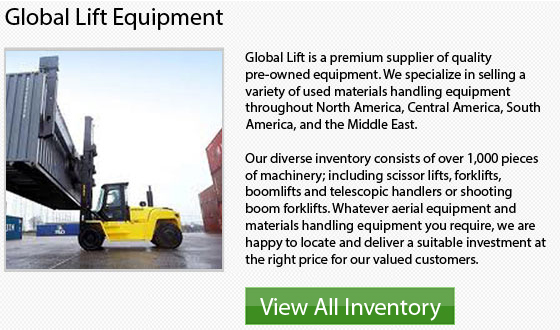
Forklift Tires
When it comes to types of installation, there are two kinds regarding forklift tires: standard and press on. Normally, press on tires are used on electric forklifts and those kinds of forklifts operating in indoor applications like for instance warehouses. The press on tires could be used also in light industrial operation too.
Surfaces that are uneven or rough require more traction and tougher tires. Therefore, standard tires are usually utilized. Nevertheless, they are mostly used on forklifts that operate in outdoor settings.
Because there are many different kinds of forklifts, there are also lots of different types of forklift tires. The kinds of tires that are most frequently used are pneumatic, solid and polyurethane. The kind of tires are dictated by where and what the forklift is utilized for. It is really vital to obtain the right tires for the task and making sure that the correct choice would have a huge impact on both performance and safety.
For outdoor forklifts which have to function in an all-terrain atmosphere such as on a construction site, the best option will be pneumatic tires. These are made of durable rubber and then filled with air, similar to a tractor or truck tire. Pneumatic tires create an air cushion between the terrain and the forklift itself. This design considerably lessens the wear and tear on the machinery and creates a really comfortable ride for the operator. The tire's deep, thick treads give the necessary traction required for use on surfaces which are rough and uneven.
For light industrial use, both indoors and outdoors, solid tires are best. They are fabricated out of tough, constructed solid rubber. This helps them to stay safer from blowouts, popping like pneumatic tires or damage because of puncture wounds. Because these tires are not filled with air, they are unable to provide the cushion effect. This fact makes them not suitable for use on rough terrain. Some solid tires are constructed with holes in the sidewalls to provide a somewhat softer ride. The only issue is that this kind of construction makes the load carrying capacity of the forklift less.
Though they are designed for indoor warehouse applications only, polyurethane forklift tires will usually outlast both rubber tire designs. The load capacity of polyurethane is much higher than that of a rubber tire. These tires work great with well with electric forklifts due to the additional weight of the equipment's batteries. Due to the tire's lower rolling resistance, another advantage of this particular type of tire is the extended battery life.